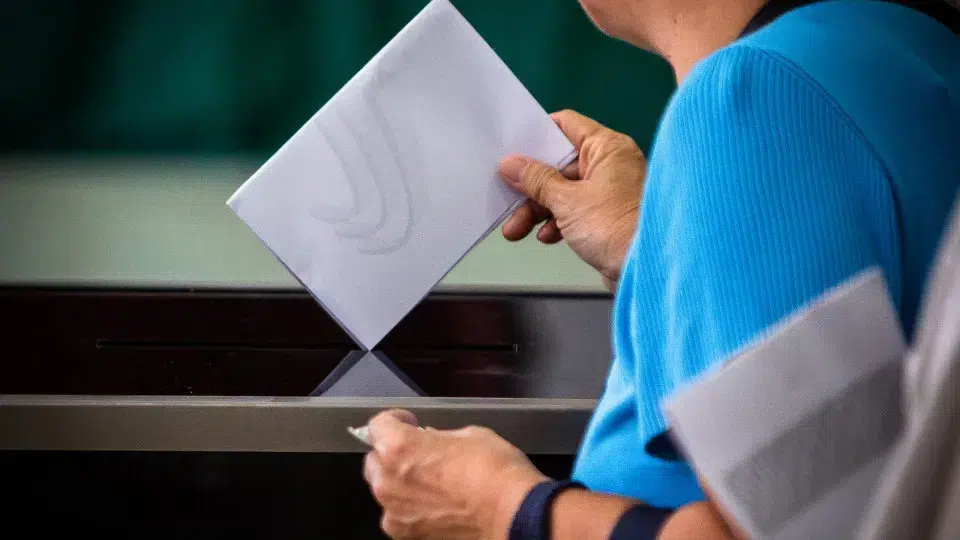
After a joint hearing of two committees with the Council of Portuguese Communities (CCP), deputies from the PSD, Chega, PS, and CDS agreed on the proposal to conduct a test of electronic voting to address issues faced by Portuguese emigrants in legislative elections.
The request was made by the CCP President Flávio Martins, noting that this test will not be possible in the January presidential elections due to laws requiring the emigrants’ in-person voting.
“Abstention will be extremely high,” warned the leader of the Portuguese communities, urging a “standardization [of procedures] for all electoral acts.”
The objective of the non-binding electronic voting test is to clarify doubts about the security and effectiveness of the model.
“We do not claim it will be a definitive solution,” but it will allow for “evaluating the reliability of the entire process,” explained Flávio Martins in a presentation that aligned with the deputies’ views.
“You are the ones who, firsthand, experience the difficulties” of emigrant voting, stated Hugo Carneiro (PSD), who considers it “inevitable to discuss electronic voting” to overcome the challenges of postal voting and travel distances.
At least “one test of electronic voting seems reasonable” and “we might even conclude it is not effective,” but “we need to test it first.”
There was an intention to propose such a measure, but according to the deputies, it did not materialize since the last legislature was interrupted.
Ricardo Reis (Chega) agreed that a “pilot project would make perfect sense,” while João Almeida (CDS) expressed that his party has “many doubts about electronic voting,” but “no doubt about the test.”
Socialist Pedro Vaz supported the CCP leader Vasco Abreu’s proposal to set up polling stations beyond the consulates, utilizing the network of honorary consulates or associations, where the country’s law allows.
“All parties know and recognize the difficulties of voting for Portuguese residents abroad,” and “unfortunately, our consular network is very small for electoral needs,” stated Pedro Vaz.
CCP leader Vasco Abreu pointed out the postal service limitations, recalling that in his country, there are 25,000 registered voters, yet only three votes by mail reached Portugal.
“This is not acceptable in a democracy,” he added.
CCP leader Paulo Marques highlighted that electronic voting is already practiced in other countries and advocated for Portugal to learn from these examples.
In cases where postal services do not offer guarantees, the CCP wants the consulates to handle the mail through diplomatic channels, a suggestion that did not receive a response from deputies.
Flávio Martins also advocated for expanding the number of deputies representing emigrants: “We cannot have one and a half million registered voters in two districts with only four deputies.”
Regarding counting votes by mail, which places emigrants as “second-class voters,” the CCP President suggested that consulates handle the counting, as is the duty of Portuguese state representatives.
To ensure the security of electronic voting, the use of the digital mobile key will be essential, a resource not widely adopted by many immigrants.
“The digital mobile key is something that is hardly talked about and promoted within our communities,” and “more promotion” is needed for this resource, which validates its use as a Portuguese citizen.




